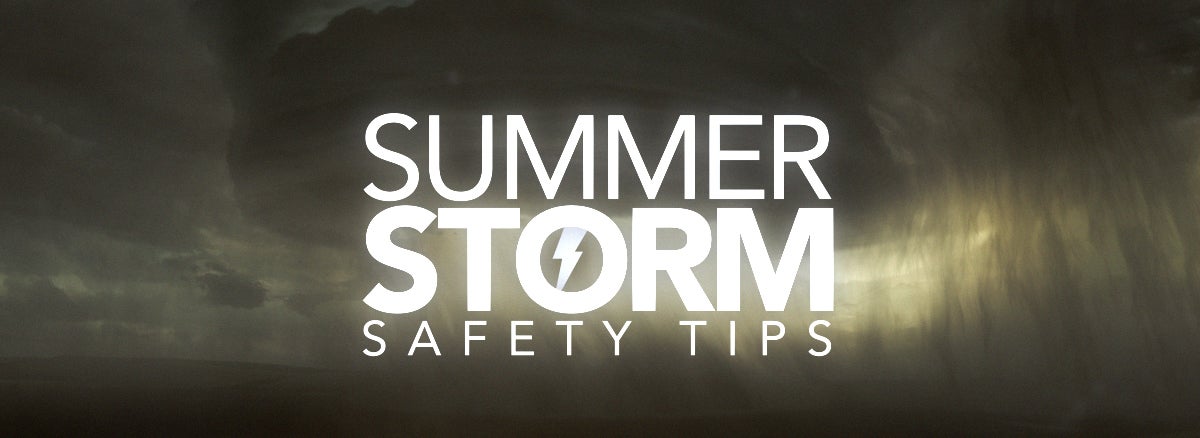
07/24/2020
Weather Summer Storms Safely with Reliable Power
Our weather across Colorado, New Mexico, Nebraska and Wyoming can range towards the extreme. Winter and summer can bring impressive storms. Tri-State and our member systems are responsible for providing power over nearly 200,000 square miles across these four states. We send high voltage power down 5,600 miles of transmission lines to hundreds of substations to our members, who keep their communities running. That’s a lot of land and equipment subject to the unpredictable force of storms.
Here’s what’s in our control: carefully constructing and maintaining this infrastructure to provide reliable power.
Here’s what’s outside of our control: the weather.
As monsoon season gears up, we’re sharing some tips to keep you, your home and your family safe. We’ll also tell you a little about our operations and how we prepare for Mother Nature’s most impressive – and potentially disruptive – shows of force.
Storm Safety Tips
This time of year thunderstorms can become routine. Even though they may feel normal, there are some precautions that you should take regardless of the size of the storm.
If you hear thunder, that indicates lightning is present in the storm. Lightning is a way that electricity in the air concentrates, and we know electricity can be very dangerous.
Always take these precautions:
-
Move indoors. There is no safe place from lightning outside. Lightning can strike as far away as 10 miles from a storm. If you see or hear the storm approaching, it’s time to get inside.
-
Stay away from things that conduct electricity. During a storm, lightning strikes can cause electricity to unpredictably surge. In addition to avoiding electric devices, avoid using anything that uses water. Since water and its metal plumbing conduct electricity, showering, washing dishes or taking a bath can be dangerous.
-
Be aware of any electricity lines surrounding your house. Knowing where they are can help you take inventory after a storm to make sure no damage has occurred.
You often hear to stay away from downed power lines, and we’ll say it again: Stay away from downed power lines. But what does one look like? And what should you do?
A power line that goes down can actually look different depending on the situation. Sometimes it’s very dramatic and you cannot miss it – sparks or fire may be visible, as well as damage to poles and other equipment.
But other times, the risk is harder to spot but just as dangerous. A downed line may look just like a cable laying on the ground. You should always assume it may be live. Call your local electric utility to report it. If it’s sparking, on fire, or contacting a car, building, or other structure, call 911 to report it, too. Do not approach or go near downed power lines. Call from inside your home and let the professionals investigate the situation.
It’s a good idea to always plug in essential electronics, like computers, to a surge protector outlet strip. These devices control for any unpredictable currents, and will keep your devices safe and running steady during a storm.
Keeping the Lights On
Being a member of an electric cooperative means that whether the storm sweeps our whole region, or impacts only a portion of our membership, the whole community comes together to address the impact.
Cooperatives like Tri-State are member-owned and governed – and are also not for profit. For you, that means that every decision we make is centered around the needs of our members.
Whether a bomb cyclone destroys 14 large-scale structures on our Lincoln-Midway 230,000-volt line, which spans from south of Colorado Springs to southwest of Limon, or a global pandemic impacts every one of our members, we are here for each other.
We’ll be doing everything we can to weather the storm and keep the lights on for you. For more storm and lightning safety tips, visit safeelectricity.org.
--
About Tri-State
Tri-State is a power supply cooperative, operating on a not-for-profit basis, serving electric distribution cooperatives and public power district member-owners in four states. Together with our members, we deliver reliable, affordable and responsible power to more than a million electricity consumers across nearly 200,000 square miles of the West. Visit www.tristate.coop.
Blog Posts

Winter Comfort Tips: Transform Your Home into an Energy-Efficient Oasis
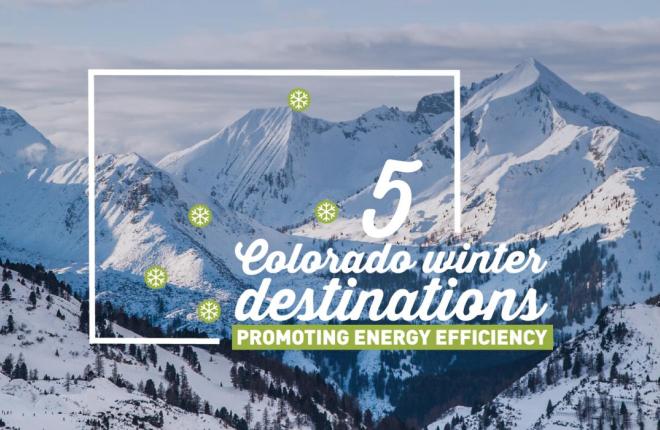
5 Winter Destinations in Colorado Promoting Energy Efficiency
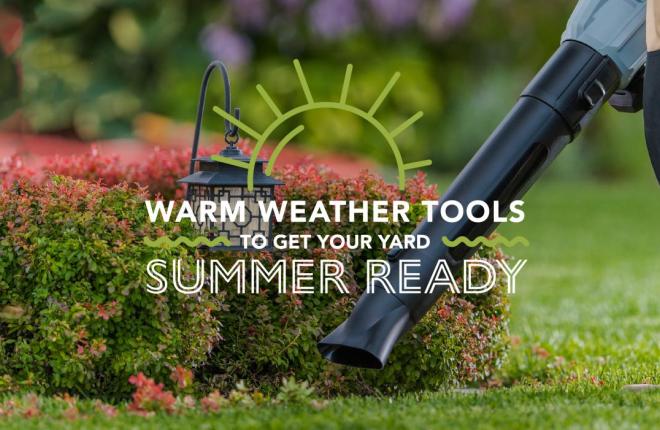
Warm Weather Tools to Get Your Yard Summer Ready
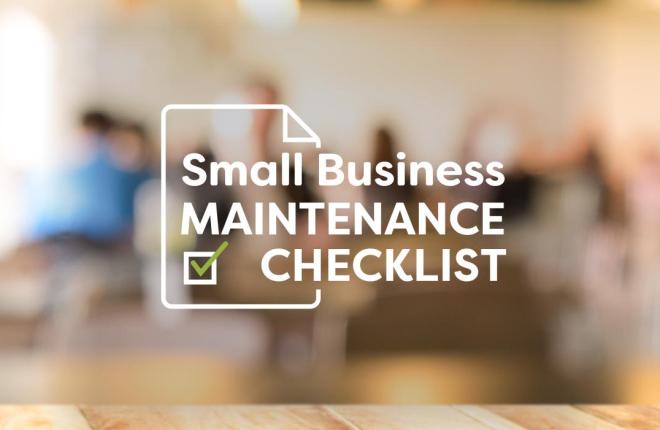
Energy Saving Maintenance Checklist for Small Businesses
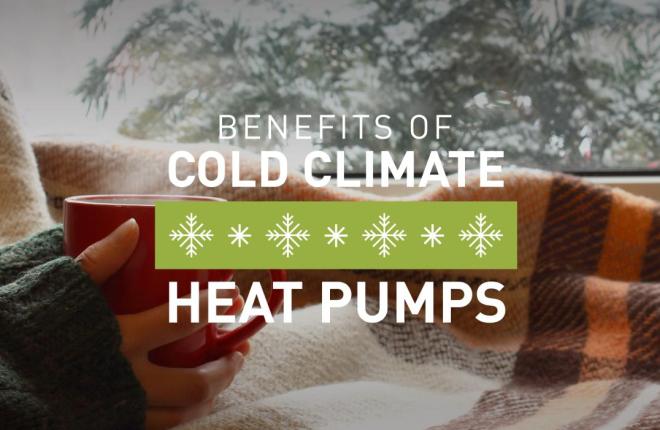
The Benefits of Heat Pumps in Cold Climates
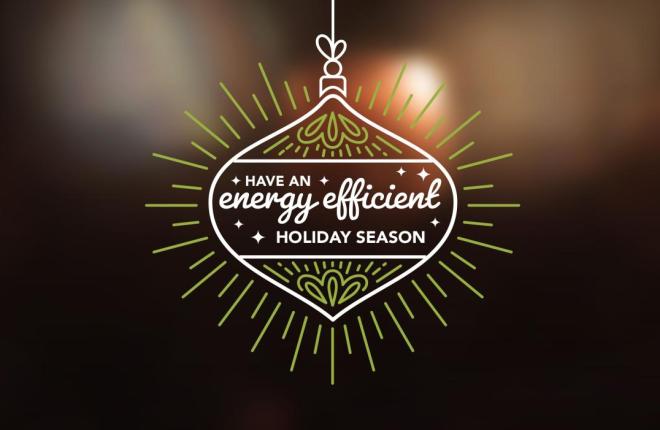
Have an Energy Efficient Holiday Season
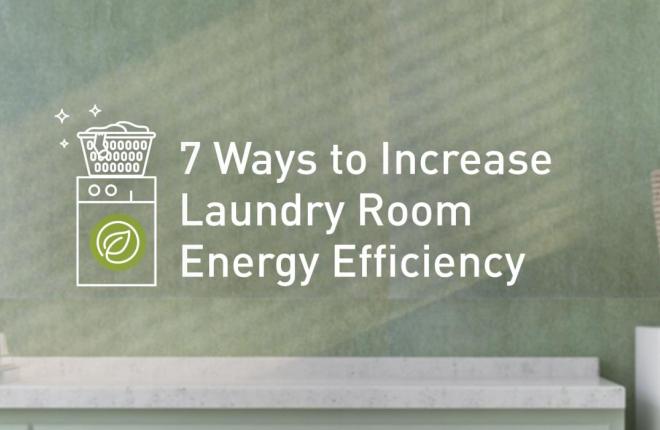
How to Create an Energy-Efficient Laundry Room
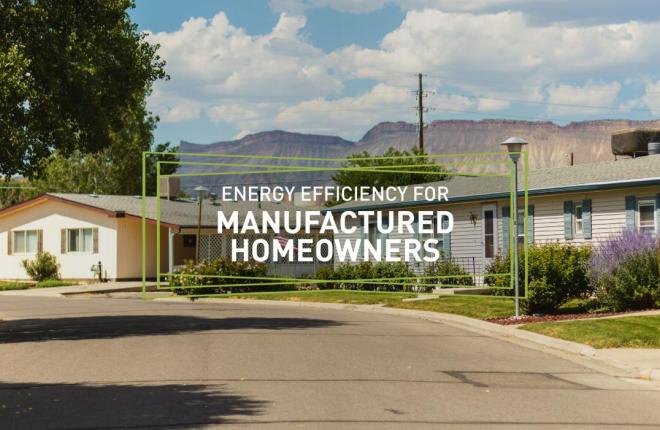
Energy Efficiency for Manufactured Homeowners

